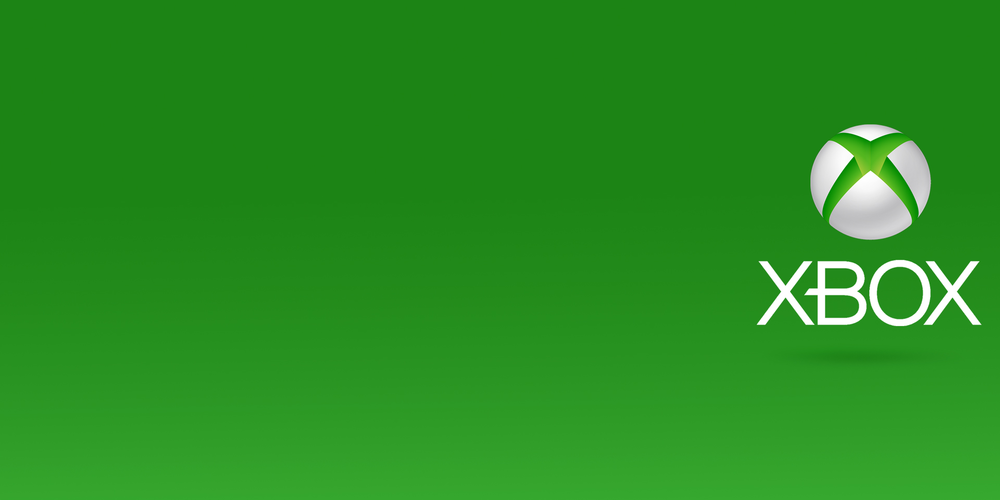Xbox's European Struggle: Will Publishers Jump Ship?
- 2024-03-26

Recent murmurs from the Game Developer’s Conference have put the spotlight on Xbox's standing in Europe, sparking concerns among third-party publishers about the viability of continuing support for Microsoft’s gaming console. Chris Dring, the head of GamesIndustry.biz, shared insights that paint a somewhat grim picture for Xbox in this key market. According to Dring, sales figures show a continuous decline, especially pronounced over the past year, leading some major game developers to question the worth of their investment in the platform.
The feedback indicates a significant frustration among publishers, with some expressing dismay at the effort expended on supporting Xbox, given its lackluster performance in Europe. This sentiment, shared by both prominent and lesser-known entities within the gaming industry, underscores a growing apprehension about Xbox's ability to remain a competitive platform in the region. The concerns are not just about the present but also cast doubt on the future, raising questions about the long-term viability of developing games for Xbox if the trend continues.
The European market, a critical battleground for console makers, has historically been fiercely contested. Microsoft’s Xbox and Sony’s PlayStation have vied for dominance, with Nintendo’s offerings also capturing a significant share of gamer interest. However, the current discourse suggests a shift, with the PlayStation 5 and PC gaming emerging as the primary focus for third-party publishers. This perception marks a concerning development for Xbox, potentially impacting its market position and future game library.
Microsoft's response, or lack thereof, to these concerns is telling. The silence from the tech giant does little to assuage the fears of developers and publishers, leaving many in the industry to speculate about the company’s strategy for winning back or retaining support in Europe. Whether Microsoft is formulating a response or strategy to address these challenges remains to be seen, but the clock is undoubtedly ticking.
The implications of this situation extend beyond just Microsoft and Xbox. They touch on the broader dynamics of the gaming industry in Europe and potentially globally. If major publishers begin to shift their focus away from Xbox, it could lead to a significant reshaping of the console market. The situation serves as a wake-up call for Microsoft to reassess its approach to the European market, possibly requiring innovative strategies to rekindle interest and support among third-party publishers. As the industry watches, the next moves by Xbox could very well determine its fate in this crucial market.





